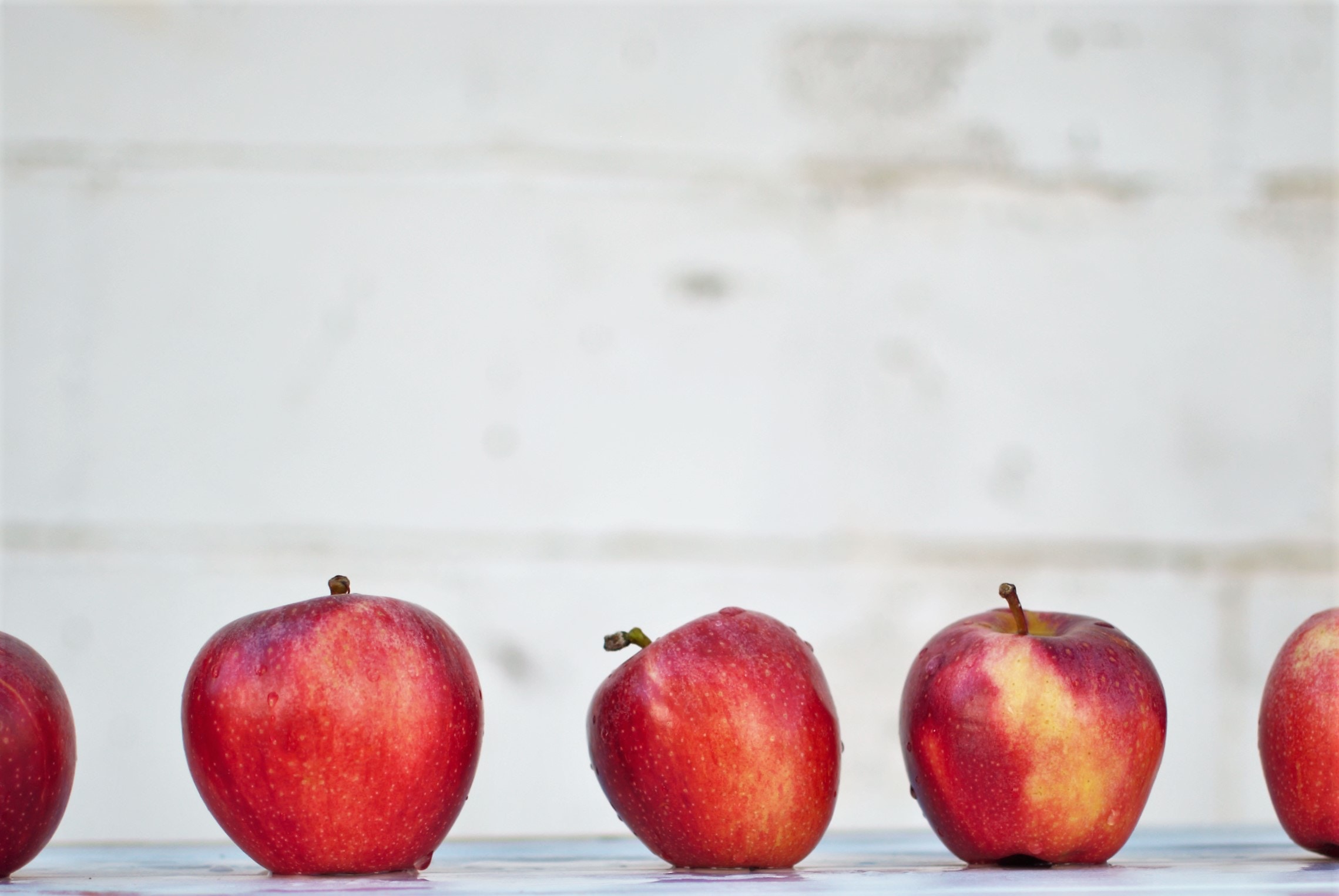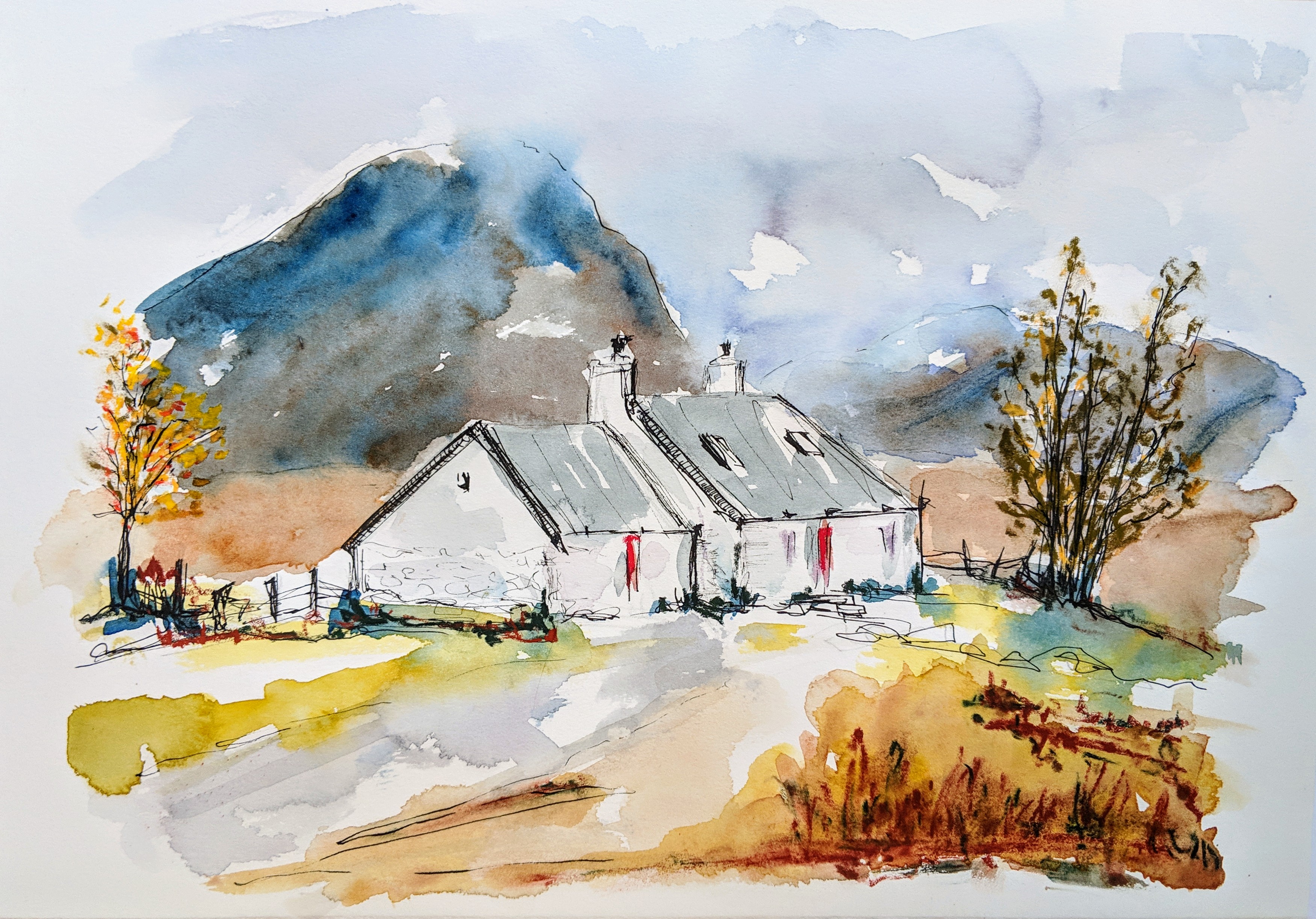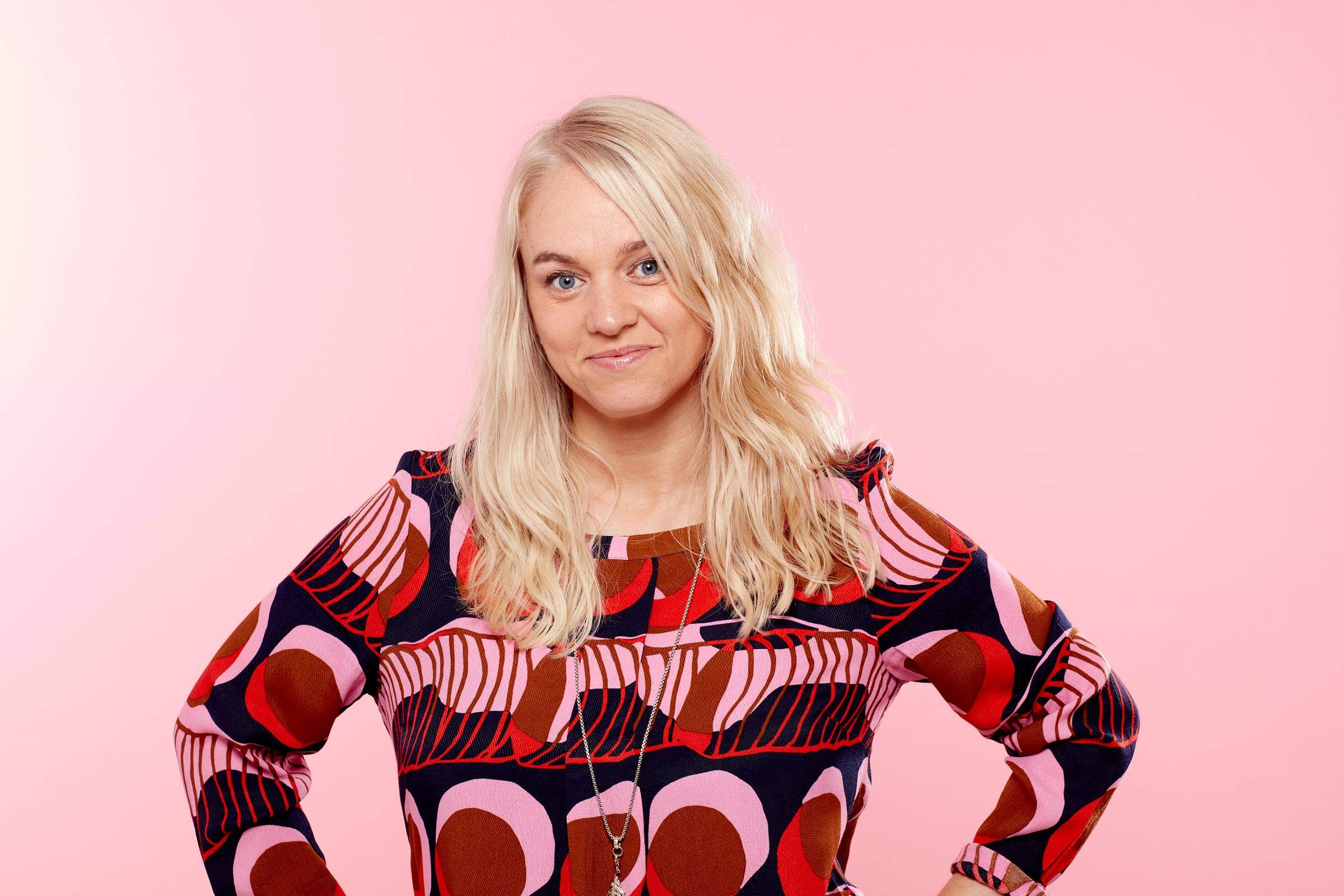Perfection is often treated like a good thing, when in fact, it holds us back and keeps us trapped.
I’m talking about the Three P’s of perfection, why it’s not something to aim for in life and how to drop your perfectionist tendencies to open yourself up to more freedom & joy.
What is it about our society that holds up perfectionism as …well…perfect? We will often say in wondrous tones “ooh she’s such a perfectionist!” or we proudly tell our would be employers in interviews that we are perfectionists. I believe the opposite. I believe perfectionism is something that holds us back instead of freeing us to attain greater things.
Take a look at the apples. Each one could be seen as a ‘perfect’ apple but each one is different in it’s apple-ness, and that’s OK. Each one is unique and beautiful. We accept this moving perfectionism in other things but not in ourselves.

There are some really great traits we have as part of our drive for perfectionism like ambition, tenacity, eye for detail, care and lot of others. When I talk about perfectionism being dangerous for our growth is when it’s a fixed, absolute and unrelenting end goal.
The difference between development and perfectionism is that perfectionism shames us whilst development helps us learn from our mistakes
Perfectionism versus development
Perfectionism focuses on what’s wrong rather than what can be created. It sit’s within a negative aspect of our brain and taps into our baggage around judgement and failure. Compare these two statements to get a taste of what I mean.
“Well this table isn’t right, the place settings look all wrong, what are my guest going to think? They’ll never come to my dinner parties again! I’m a failure!”
or
“This table could be more dramatic, if I added some more flowers it would look really summery. but I’m tight on time… I’ll text my guests and get them to bring their favourite flower each, and if that doesn’t work I’ll give myself more time for the next party. My friends will be here for the company anyway, so well done me for organising tonight!”
Shame, judgement and failure versus creation, learning and acceptance. I’ll leave you to decide which you prefer.
The Three P’s of Perfection
1: Painful
Perfectionism is painful, it is hard work, exhausting and relentless. When we think we have achieved it the goal posts move and we have to start all over again. Working towards an unattainable goal is soul destroying. Sometimes we don’t notice this pain because we are so busy trying to ease it, we think being busy, industrious or focused serves us, when really it’s a cloak that hides the pain of constant perfection.
2: Personal
Perfectionism is personal to each of us. It’s arbitrary and has no sense to it. What I think of as perfect is definitely not what my husband thinks! If you are driving others to achieve your sense of perfection think about why this is even the best option and how they should ever hope to understand when it’s so personal to you. It can be the most de-motivating and confusing thing you do to someone. If you’re trying to live up to someone else’s ideal then ask yourself why.
3: Paralysing
Perfectionism paralyses us. Yes, it may feel like we’re doing lots to achieve it, but really it is activity designed to hold us in a static situation. It is inflexible and has a very black & white outcome. If we feel that we fail to meet our own, or others’ ideals of perfection, then we can often become paralysed by a sense of failure. We don;t move forward because of fear of getting it less than perfect.
Revel in imperfecti0n
Being imperfect, unique and open creates a way to learn and move forward. When you embrace this it does incredible things. It puts you in the mindset of creating. It opens you up to learning, from yourself and from others. It gives you confidence to be who you are. It allows you to be kind and have more loving goals that focus on the journey and not the end point.
My painting of a Scottish cottage below isn’t perfect. In fact, it is far from it! In my view it captures the feeling of the place, the mood of the weather, the age of the buildings and the colours of the landscape. I learned by creating this. I did not tell myself “well, that isn’t exactly like the photo!”

Being imperfect with this painting brought out my unique ability. Someone else could paint this in the same style but it wouldn’t be like mine. It is more me than if it was perfect. Perfect is manufactured. Imperfect is natural.
How to Stop Being a Perfectionist
- Keep your eyes, mind and heart focused on the bigger picture. Is it really that important to get this blog 100% perfect or to get my thoughts and support out into the world?
- Take time to spot your stories around perfectionism – anything where you say ‘I must’, ‘I should’, ‘I am’. See them for what they are and work out ways to drop them.
- Recognise that good enough is just that – absolute and brilliantly good enough. Think about your life-performance on a scale of 1-10. We all operate mainly around 6/7/8 (good enough). It’s the exception to the rule to be up at 10 or down to 1. Be accepting of where you are on your scale today, learn from it.
- Enjoy & see value in the progression you make rather than the end goal. We are a target-driven society but really it’s the work we put in that defines us, not the end result. Be curious when the journey diverts and changes, stay flexible and open.
- Forgive and re-commit. Just like with mediation practice you have to keep trying. Forgive yourself kindly then re-commit to your dream.
So, go scribble on some paper, muss the bed up or put fingerprints on the mirror, I dare you! You’ll notice that the world doesn’t stop…


